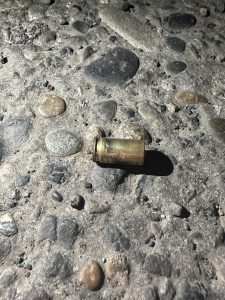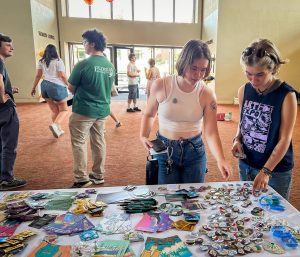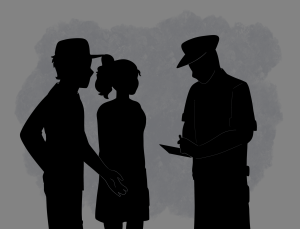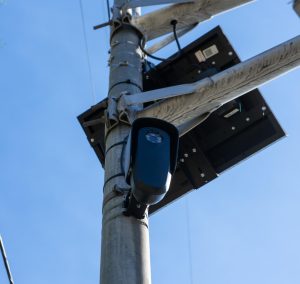Campus-wide in-person classes curtail living and learning pods
March 18, 2021
For the spring semester, Whitman’s Residence Life introduced living and learning pods to the campus. They were initially designed to ensure that some students could safely be on campus without access to robust COVID-19 testing facilities. However, students are now finding that the pods are no longer the communities that they signed up for.
On Oct. 9, 2020, President Kathy Murray introduced pods to the Whitman community in an email, describing the plan as “a hybrid model for the spring in the event we are not all able to return for in-person learning. In this model, we would bring back some students to live and study in academic pods.”
Currently, pod students attend most of the same classes, walk to classes together and have opportunities to interact more with each other. They are not exempt from social distancing protocols and do need to wear their masks at all times except in their rooms.
Rachel Haughton, a first-year from the physics pod in Lyman Hall, said that identifying a pod on campus is easy. Any big group walking together towards an academic building is likely a pod.
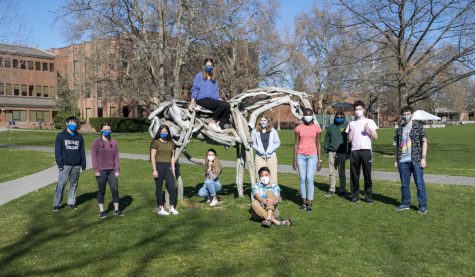
“It can be kind of intimidating to people outside the pod,” Haughton said.
The pods were supposed to be composed of groups of 15 first-year and sophomore students who would live and take classes together. Students who applied to be in pods were chosen through a lottery system.
However, as the semester has progressed, a number of changes have driven the pod system farther from the original plan, and some student expectations have not come to fruition.
“When I joined a pod, I thought people were not going to be on campus and pods were the only groups who got to be on campus,” Siddharth Kumar, a first-year and member of the art pod in Douglas Hall, said.
Apart from walking to classes together, students in pods and students outside pods do not have any varied sets of regulations.
Haughton shared that she struggled with the online fall semester, which she attended from home. When she joined a pod, she expected groups of students who would not need to wear masks around each other. She soon realized that it was still a necessary measure.
“Being confined to your room without a mask is obviously much safer, and I appreciate that the college did that,” Haughton said.
Whitman’s decision to start in-person learning in the spring semester led to a number of adjustments to how the pods function.
For example, “[t]he pods no longer exist as academic units — in other words, the in-person classes that were planned originally only for students in the pods have subsequently admitted other students,” Provost Alzada Tipton wrote in an email to The Wire.
Tipton describes this change as “a happy circumstance,” made possible by access to robust testing and COVID protocol.
“Yes, opening the pods to other students was not in keeping with the pods’ original purpose, which was to create a bubble for this group of students,” Tipton wrote, but the administration is happy that successful precautions have helped make pods more flexible.
Despite all of the changes, students within pods have found that they still foster a sense of community.
“Last week, we were sitting around a table all hunched over working on a [physics] problem,” Haughton said.
Tipton wrote that pods have been implemented by many colleges. Pods help students form closer bonds and integrate into richer aspects of college life.
“I think it is quite possible that we might continue some version of living/learning communities in the future, but they would not have the restrictions on them that we had planned for the COVID-19-era pods — assuming, of course, that our vaccination rates allow us to leave the COVID-19 era, which I am confident we will do,” Tipton said.
“I was originally against the idea of pods,” Haughton said. “That certain groups of first years will be confined to other groups of first years — I thought it would be much harder to meet other people.”
She now suggests that this is an interesting experiment that the college has decided to carry out.
Kumar felt that this major change to pods did not affect him negatively. He had initially regretted joining a pod because he presumed that this would limit his ability to meet other students across campus. Had Kumar been given another chance to choose to be in a pod, he said that he would choose to not be in one.
“Right now, the pods are pretty much non-existent; pods are just for the name,” Kumar said.



